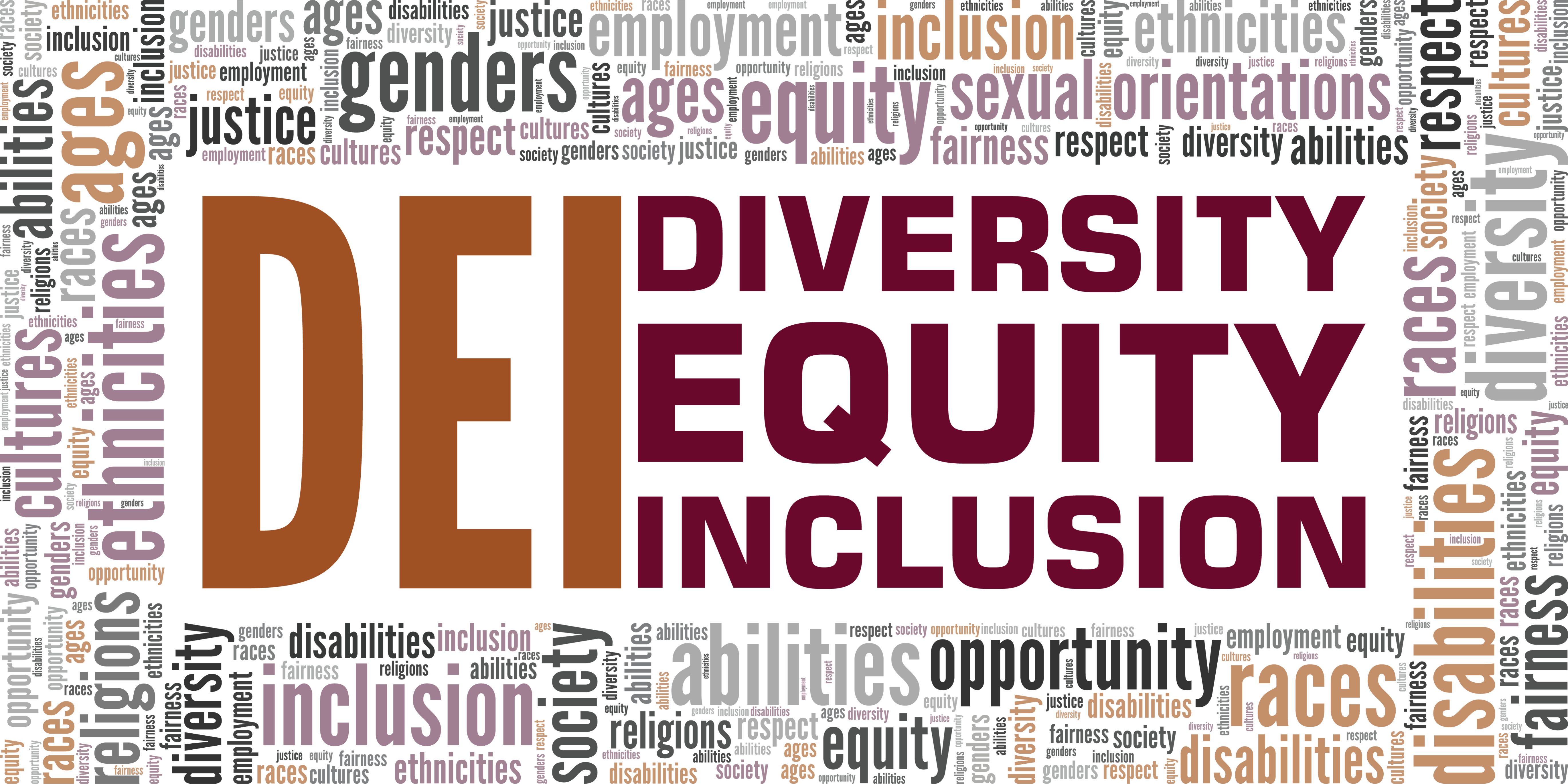In the estate planning world, people often wonder whether their assets should be held in a Trust. The answer, as is often the case with legal matters, is “it depends.” Trusts are a valuable tool for any estate planner. In the right circumstances, establishing a Trust provides significant benefits for an individual and her family.
A Trust is a relationship in which one party, the Grantor, gives the other party, the Trustee, title to assets for the benefit of a third party, the Beneficiary. The Trustee has fiduciary duties to act in the best interests of the Beneficiary. Trusts are often established to protect the Grantor’s assets, to protect the beneficiaries, or to avoid or reduce taxes. Trusts can be revocable, where the Grantor retains control over the assets, or irrevocable, where the Grantor gives up ownership and control. A revocable or “living” trust is often established to avoid probate, simplify asset management, and preserve privacy. Trusts can be established under your Will or a separate Trust Agreement can be established, depending on the circumstances.
You may want to consider a Trust in the following situations:
- You have minor beneficiaries or want to delay a beneficiary’s receipt of assets. Under Pennsylvania law, assets are required to be paid outright to a beneficiary upon her attaining age 21.
- You are concerned about irresponsible behavior from a beneficiary who is going to inherit a significant amount of money, and want to preserve assets for the beneficiary’s support, education and health care expenses.
- You have a blended family and want to ensure that your spouse and children can benefit from your estate.
- Your beneficiary has special needs, and you do not want to disqualify her from government benefits.
- Your beneficiary has creditor problems, and you do not want your assets being distributed to your beneficiary’s creditors.
- You are concerned that a beneficiary’s spouse may squander the inheritance, or have concerns that an inheritance could be subject to a divorce action.
- You own real property in a state other than Pennsylvania.
- You want to make an irrevocable gift in order to minimize estate, inheritance or income taxes, but do not want the assets transferred outright to the beneficiary.
Do you need a Trust? Please contact Peter E. Iorio or another member of the Estates Group at FL&B to determine whether a Trust should be an integral part of your estate plan.









